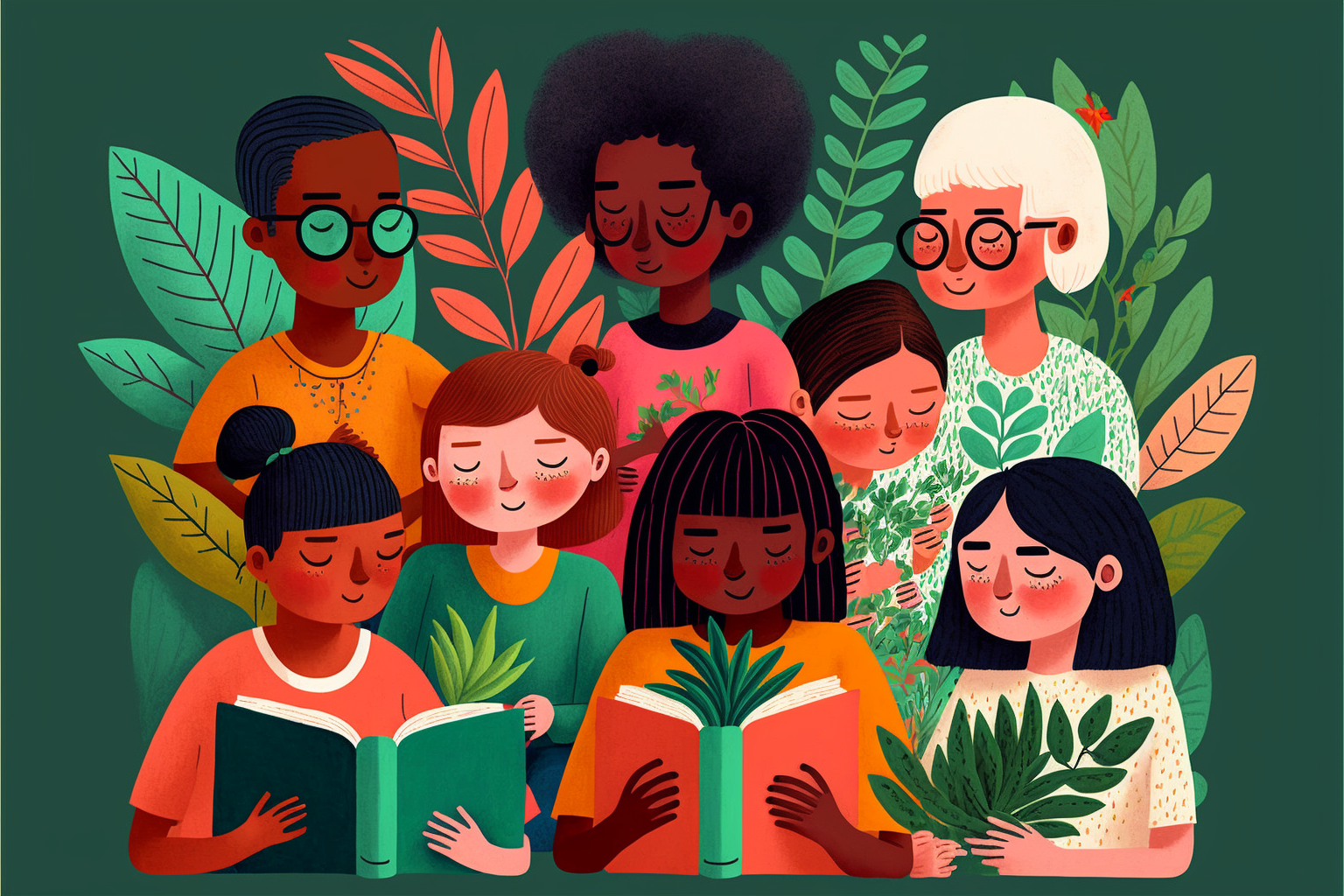Ways to Hook a Reader With Your Novel’s First Pages
by Mary Kole | Former literary agent, now a freelance editor, writing teacher, and IP/story developer for major publishers and creators.
Vast oceans of ink have been spilled discussing ways to hook a reader with a novel opening—with good reason! Many writers know that the first pages of their novel will be the only things a publisher or literary agent sees before making a decision about the work as a whole (in addition to the query letter and synopsis, of course).
So writers are always seeking new ways to hook a reader with those first few pages. The secret, though, may be deceptively simple. Read on!
Ways to Hook a Reader
The opening of an aspiring novel manuscript is immensely important and requires great care. Writers need to create a balance between providing enough conflict and action with story tension to hook the reader, without doing too much info-dumping. That same conflict and action balance should be used to tantalize readers and thrust them right into the story with action and scene (ideally both). Starting in scene is one of the simplest ways to hook a reader.
However, there’s no need to start with high stakes conflict on the first page. The reader doesn’t yet know who the character is or what the world is like, so instead, give your audience just enough to understand what’s going on, who it’s happening to (ideally, this is your protagonist), and why these things matter (the story stakes). Writers should aim to put their character in motion with a character objective: have them wanting something, struggling, or filling up with longing. Capitalizing on human desire like this is another of our favorite ways to hook a reader.
Beginning a story with the perfect balance of both internal conflict and external conflict is essential. Without external action right off the bat, readers might feel like the character is doing too much navel-gazing, which can be a tough thing to relate to. On the other hand, launching into too much action can be disorienting, especially if the character's inner life and struggles are left unexplored.
To find that sweet spot, writers should consider starting the narrative tension with a scene of a character actively striving towards a goal then becoming hindered by an obstacle. This triggers some inner struggle or reflection. Watch out that you don’t simply have your character philosophizing or pondering life, though, while shut up in their room (which makes for a very passive character). As with everything else, balance is key here when you’re looking for ways to hook a reader.
Balancing Action and Information and Other Ways to Hook a Reader
Beginning a novel with a bang is key—but writers need to beware of information overload! Introducing characters and their relationships with one another is important, but readers don’t want too much at once. Without getting some action in there, a novel will never achieve liftoff. Backstory and flashbacks can be incorporated later, once the momentum of the book is up and running. Dry information is not one of our preferred ways to hook a reader, and in the industry, it’s called an “info-dump.”
For your novel's first few pages, it is essential to strike a balance between showing action and telling information. When in doubt, prioritize action! Writers would do well to ask: Does this piece of information truly need to be here? Is it one of the ways to hook a reader? Otherwise, it’s prudent to either add it later or leave it out altogether.
To top it all off, pick a captivating moment that sustains for a few pages is among our favorite ways to hook a reader—they love to come into a story and be plunged into a captivating scene with dialogue writing, action, and interiority from the protagonist.
The opening of a novel can make or break the entire project, so it's essential to get it right with one of these ways to hook a reader.
Elevate Your Storytelling
Wherever you are in your writing journey—from an initial outline to a draft to pitching your project—the experienced team at Good Story Editing can take your work to the next level.


